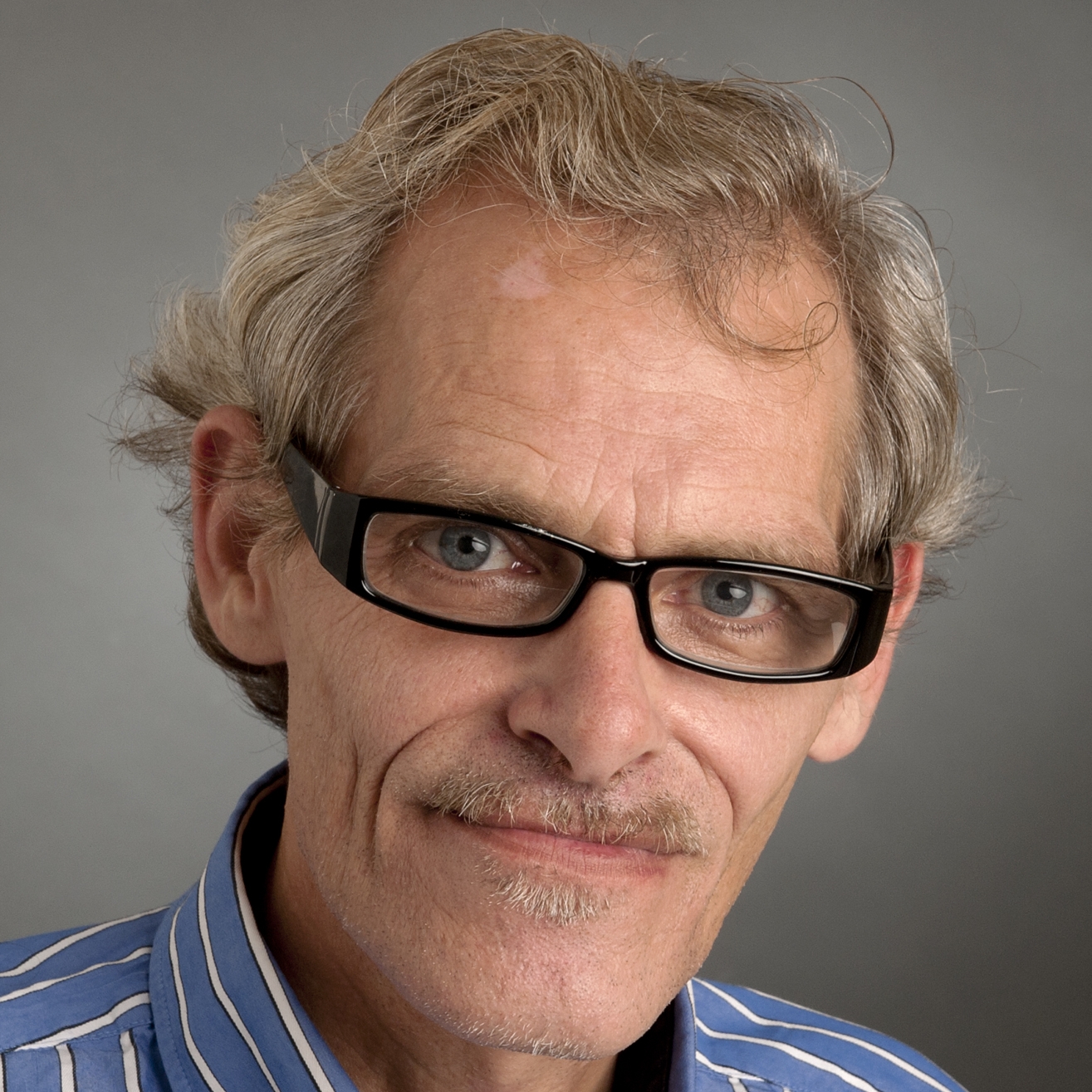
Christof Lehmann -
Dr. Christof Lehmann is the founder and editor of nsnbc. He is a psychologist and former independent political consultant on conflict, conflict resolution and a wide range of other political issues. In March 2013 he established nsnbc as a daily, independent, international on-line newspaper. He can be contacted at nsnbc international at [email protected]
Christof Lehmann (nsnbc) : NATO Secretary-General Jens Stoltenberg signaled that the Alliance is seeking talks with Russia. The apparent rapprochement comes as Russia and NATO have put one another into a stalemate with regard to Syria, Ukraine, and most recently Nagorno-Karabakh. Arguably, any rapprochement that would result in taking NATO’s and Moscow’s nuclear arsenals off of the hair-trigger alert could be considered as progress by "the international community”.
Relations between NATO and Russia have become frosty since the eruption of the "crisis” in Ukraine, Crimea’s declaration of independence, its subsequent accession into the Russian Federation, and the still unsettled civil war between Ukraine’s capital Kiev and the predominantly Russian-speaking Donbass republics in eastern Ukraine.
Moscow and NATO (Washington) are at loggerheads over two equally valid principles in international law. That is, the right to self-determination versus the right to the territorial integrity of UN member States.
The deep freeze between NATO and Moscow began, however, already when it became clear that the "revolution” in Syria was a carefully orchestrated subversion that involved key NATO members, including the USA, the UK, and NATO’s odd wolf, Turkey.
The situations in Syria, in Ukraine, and most recently Nagorno-Karabakh have come to a stalemate. It is worth noting that NATO member Turkey voiced its support of Azerbaijan in the dispute over Nagorno-Karabakh.
A situation that brings to mind Turkey’s key role in funneling weapons and fighters to Al-Nusrah and ISIL brigades in Syria, Ankara’s denial of the genocide on Armenians, and NATO-member Turkey’s direct support of Jabhat Al-Nusrah terror hordes that crossed the Turkish – Syrian border and went on an ethnic cleansing rampage against Syrian – Armenians in Syria’s Latakia province and the town of Kessab.
NATO suspended all cooperation with Russia after Moscow’s "annexation” of Crimea – or Crimea’s "accession into the Russian Federation” in Moscow’s parlance. However, the Alliance is plagued by internal disputes over its posture towards Russia and NATO’s eastwards expansion.
Not everybody in the Alliance considers disputes with Russia as a nail because Washington and London perceive the Alliance as a hammer. An increasingly self-confident Germany and a French government that is under pressure to assert sovereignty with regard to French and European interests rattle the Alliance.
France and Germany cooperated with Russia to broker the ceasefire in Ukraine, leaving Washington and London out in the cold. About half of Germany’s population does not perceive Germany as permanently anchored within NATO and opposes NATO’s eastward expansion.
Russia, for its part, copes with growing economic problems that are bound to give social repercussions that could destabilize potentially weaken Putin’s position. There are, in other words, incentives on both sides that could facilitate a careful rapprochement.
NATO and Russia have carefully begun discussions to settle on an agenda for a meeting, said Stoltenberg, adding that the meeting would be held at the NATO-Russia Council. Ironically, Stoltenberg made the remark during a speech at the Atlantic Council. It was during the 2013 Atlantic Council Energy Summit in Turkey that the final decision to invade Iraq with ISIS via Turkey fell. Stoltenberg noted that:
"The [NATO-Russia] Council has never been suspended. Actually we had two meetings in the council after the annexation of Crimea. So the whole idea is that practical cooperation has been suspended, political dialogue has been in place.”
Alexander Pushkov, that head of the Russian Foreign Affairs Committee sounded less optimistic – if possible. Pushkov said on Monday that the NATO-Russia Council is not working. The Council was established in 2002 to create a forum between Russia and NATO.
Part of the agenda should have been a joint effort with regard to fighting international terrorism and security mechanisms that should cope with the fact that NATO’s eastward expansion could not other than force Moscow to change its defense posture. Stoltenberg, for his part, said that "NATO is not looking for a confrontation with Russia. We will avoid a new cold war. We are counting on dialog with Russia”.
To really comprehend the function of Stoltenberg’s words it is necessary to understand the function of his office. NATO Secretary-General’s have always been Europeans. The Secretary-General’s function is that of a diplomat. NATO’s long-term strategic goals are developed in Washington.
The European part of this strategy is implemented under NATO’s Supreme Allied Commander Europe (SACEUR), and the difference between NATO’s diplomatic posture and its actual strategy can, depending on variable situations be subtle, like the French, German, Czech, Slovak and Italian dissatisfaction with NATO’s Moscow policy, or stark, like France and Germany leaving Washington and London out in the cold while negotiating a ceasefire in Ukraine.
Considering that both Moscow’s and NATO’s nuclear forces have been on hair-trigger alert since Crimea, a stalemate and any rapprochement that can at the very least address the fact that the world cannot live with supreme commanders in Moscow and Washington who have about 5 minutes to decide whether or not to turn the globe into toast would make sense.
CH/L – nsnbc 07.04.2016




_jpg/250px-ElbeDay1945_(NARA_ww2-121).jpg)





